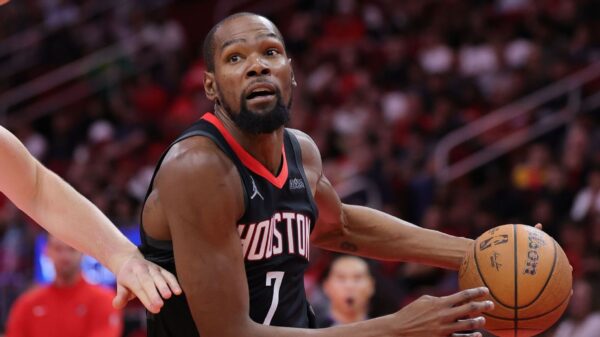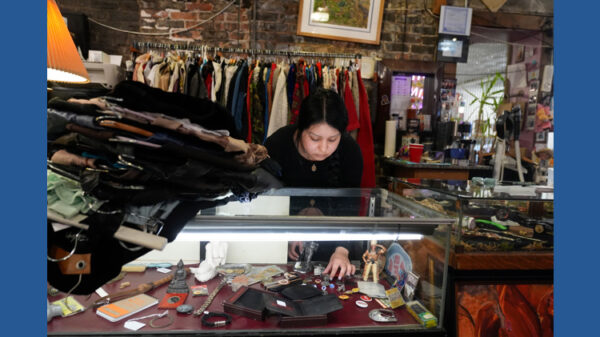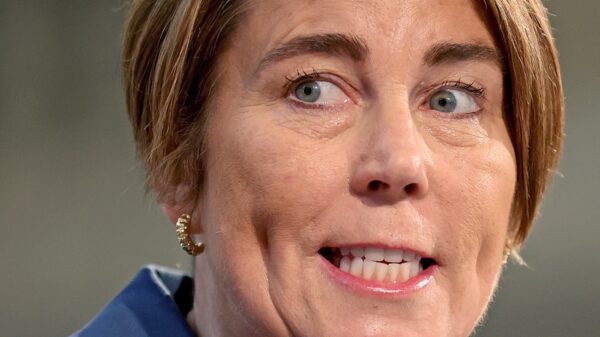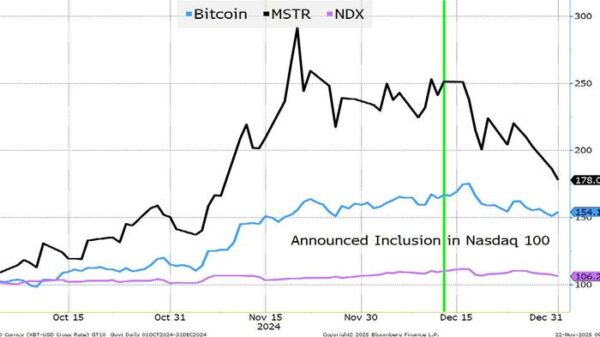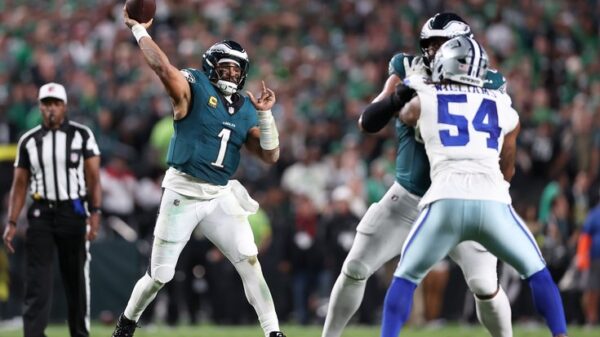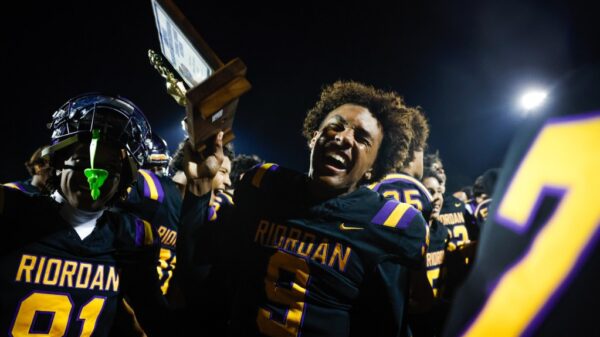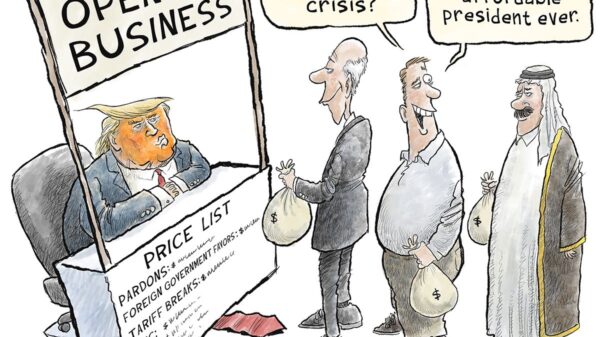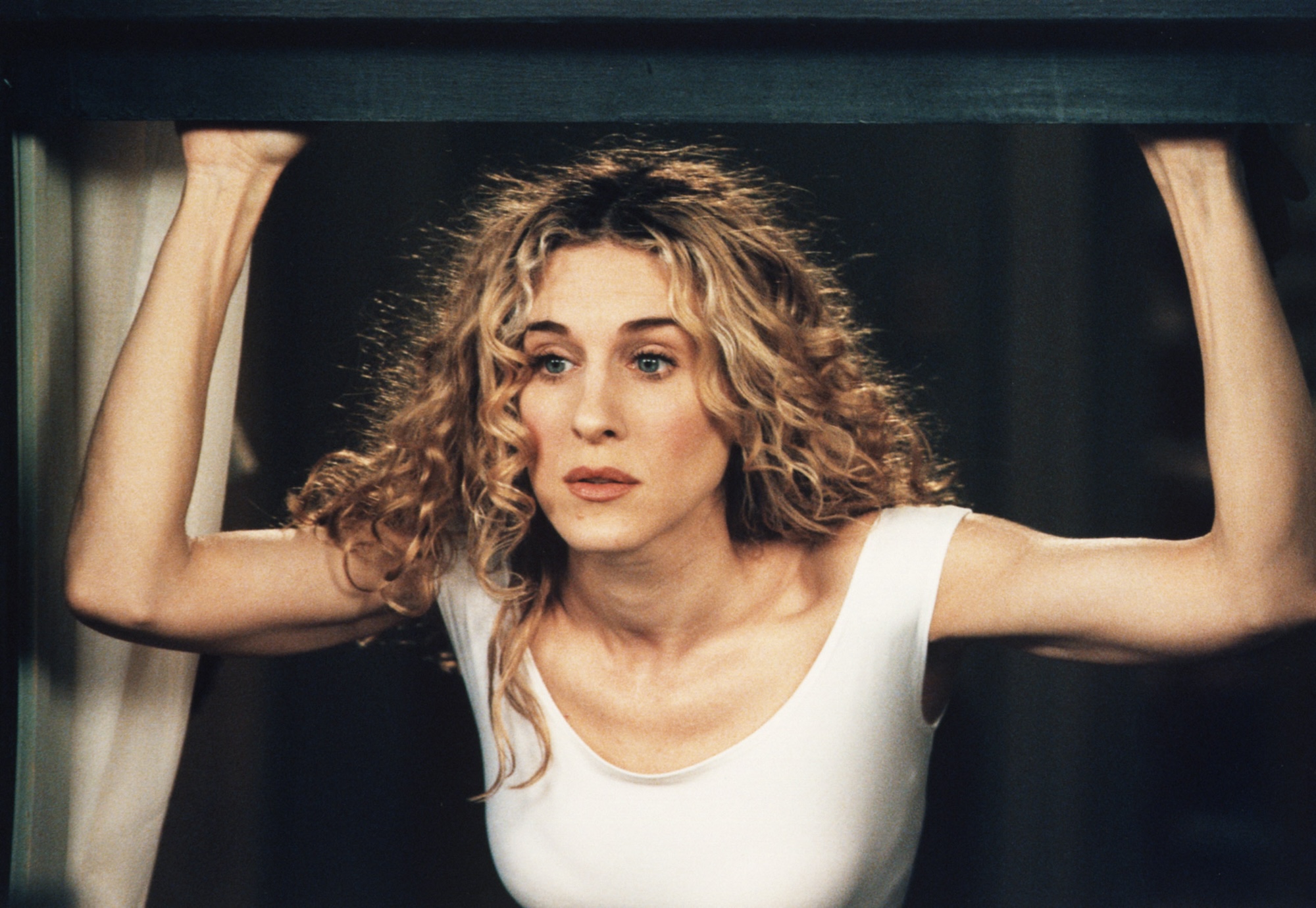The portrayal of female characters in television often sparks intense debate, particularly regarding the criticism they face compared to their male counterparts. This conversation has gained traction as audiences reflect on popular series like Sex and the City and Girls, both of which feature complex female protagonists who have been subjected to harsh scrutiny.
In a recent discussion, Sarah Jessica Parker, who reprised her role as Carrie Bradshaw in the spinoff series And Just Like That, emphasized the disparity in how audiences perceive female and male characters. Speaking to The Huffington Post, she highlighted that while her character is often condemned for her flaws, male leads are frequently forgiven for far worse actions, such as murder. “A male lead on a show can be a murderer and people love him,” Parker stated, pointing to characters like Joe Goldberg and Dexter Morgan, who receive a more sympathetic view despite their violent tendencies.
Similar sentiments were echoed by Amelia Ritthaler, host of the “Girls Rewatch Podcast,” and her guest, Lena Dunham, the creator of Girls. They discussed how audiences initially reacted to Hannah Horvath with extreme disdain, contrasting this with the more nuanced responses to male characters like Tony Soprano from The Sopranos. Dunham remarked, “People were like, ‘Tony Soprano is a misunderstood, kind man,’ while a single mistake by Hannah led to calls for her demise.” This reflects a troubling double standard in how women’s actions are judged in comparison to men’s.
The question of why female characters are held to such strict standards often leads back to underlying societal attitudes. Shawn French, founder and host of the podcast “The Determined Society,” noted that male protagonists are often framed as “antiheroes” whose flaws are seen as contributing to their complexity. In contrast, when women display similar imperfections, they are often labeled as “unlikable.”
French elaborated on the societal expectations placed on female characters, stating, “Many people still unconsciously expect women on screen to be aspirational, nurturing, or morally grounded. When they aren’t, it can trigger criticism.” This expectation creates a challenging landscape for female representation in media.
The discourse surrounding this topic continues to evolve, particularly with the rise of social media. Recent episodes of series like The Summer I Turned Pretty and Emily in Paris have prompted similar waves of criticism against their female leads. The backlash often emphasizes a need for female characters to be perfect, which contradicts the more lenient standards set for male characters.
“We need to recognize that women don’t need to be perfect to be worth watching,” French asserted. By allowing female characters the same freedom to be flawed and relatable as their male counterparts, audiences can enjoy richer, more authentic stories. This shift could pave the way for a more balanced portrayal of characters, ultimately enriching the viewing experience for all.
As discussions about gender representation in media continue, it becomes clear that addressing these biases is essential for fostering a more equitable landscape in television and film.


